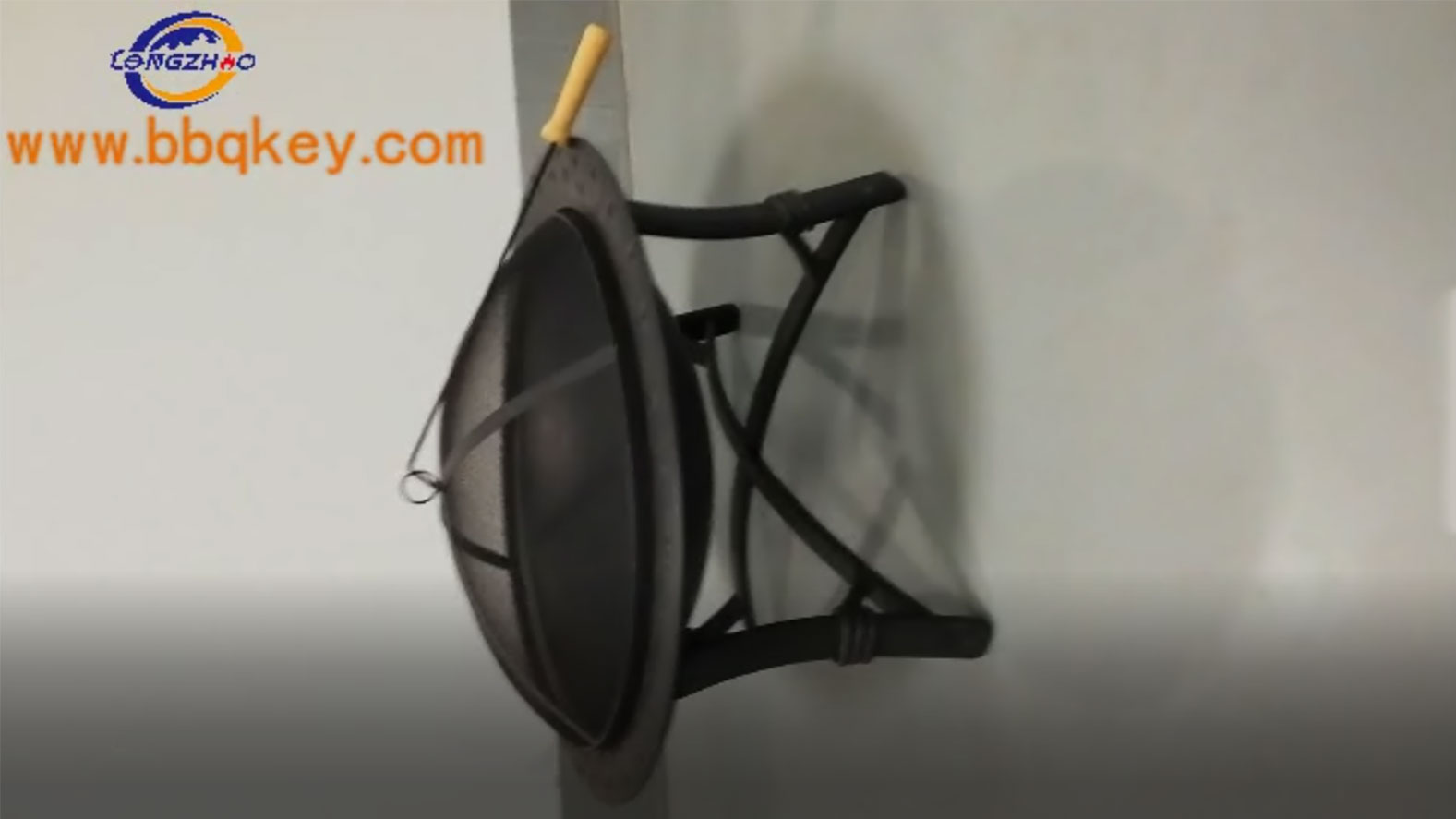sawdust charcoal briquettes Branching out: greener charcoal takes root in eastern Kenya
by:Longzhao BBQ
2019-12-17

Mwingi, Kenya (Thomson Reuters Foundation )-Earlier this year, local governments in eastern Kenya issued a ban on charcoal trading to save the region's shrinking forests, with charcoal producers worried that their incomes would disappear."It's a chilling announcement," said Peninah Kilungya, 42, the mother of five children, with the bright red of the Masai tied to her waist."We always turn to charcoal production so we can feed our children," she said .".It often rains this half month.In dry areas, agriculture is at risk.For some, turning trees into charcoal is the last resort to balance payments.But Kilungya and others may now have found a way to save their charcoalCreate income while protecting trees and create a more sustainable future for yourself.They turned to producing wooden coal balls from branches, reducing the cutting of trees, and also producing a product that they wanted the supermarket to be interested in, helping hundreds of families out of poverty.Producers of traditional charcoal can earn about 1,800 shillings ($18) a week ).A 90-The traditional charcoal is a bag of one kilo and only sells 450 shillings.It takes a couple of dollars to produce.However, the new coal balls use much less WoodGenerate more revenueThe most recent day, in the small village of mitamisiyi in beigui county, kilengya and other charcoal producers gathered under a acacia tree.They use charcoal made of branches to crush pebbles into fine local dust.Well-crafted molded fuelMachine, then mix the powder with fine red soil and water.The sky-Then the Blue machine spit out the slender thick charcoal coal balls that look a bit like a burnt sausage.In Kitui County alone, more than 150 charcoal producers have adopted the technology.The briquette-This initiative is also being carried out in neighboring TharakaNithi and Embu counties.Joseph Mwikya, chairman of Mitamisyi charcoal producers association, said the charcoal used in the coal pellets was made from sustainable woodBranches that grow back.Unlike the trunk, branches are also easily crushed, and coal balls made of wood sell moreAt least 100 shillings per kilogram, he said.The regular shape of the product also allows them to be packaged in a way that producers want to be able to attract large companiesCity supermarket.Jane Vigi, chairman of Kitui, said: "We only need a method of mass production so that we can start marketing them ."Mwaka charcoal producers association is one of the largest charcoal producers in China.Expanding production requires cutting more branches.But the project's sponsors say it's still better than cutting down more trees.At the moment, the coal balls are being sold to locals, said Vengi."These coal balls are now a new source of energy for our cooking, and hopefully in the near future it may become our new source of income," she said .".Forests cover about 7% of Kenya's land, down from 12% half a century ago.When Ngilu, the governor's charity at Kitui, ordered a crackdown on charcoal production in January, environmental activists welcomed the move.But according to the world agriculture and forestry center, it has also intensified tensions in the country, where about 2 million people make charcoal for a living.Since the implementation of the charcoal trade and transshipment ban, the normally quiet Kitui has seen a group of angry mobsPacked with trucks, people were arrested, illegally cutting down trees, and the emergence of a song criticizing the policy.Kenya had tried to ban charcoal production but failed.Since the production and sale of charcoal often occurs in the informal economy, it is difficult for these charcoal to be regulated, according to research by the Swedish Environmental Research Institute.Instead, authorities are now trying to regulate charcoal production and trade more closely.Shadrak musindu, a project official at mingai Kitui, said that because so many people rely on charcoal income, it is unlikely to completely abandon popular cooking materials in the short term, A Catholic charity that supports the briquette initiative.Four out of five cities in Kenya Cook on charcoal.This material is still the most affordable cooking energy, especially for lowIncome community.In recent years, there have been many initiatives in Kenya to make smarter charcoal, using coal balls from human feces to flour or sawdust, plus charcoal dust.Nevertheless, when burning in the wild and traditional stoves, harmful smoke emissions from wood, coal, charcoal and similar fuels claim to be 4 million lives worldwide each year, according to Global cleaning stoves.This makes home air pollution the fourth largest health risk in the world, the report said.But John kioli, executive director of NairobiThe Green Africa Foundation, which helps communities manage resources more sustainably, says moving forward from charcoal as fuel remains a daunting task."Many people in Kitui are turning to charcoal production simply because they don't have other alternative sources of income in harsh climate conditions," he said .".
Custom message








